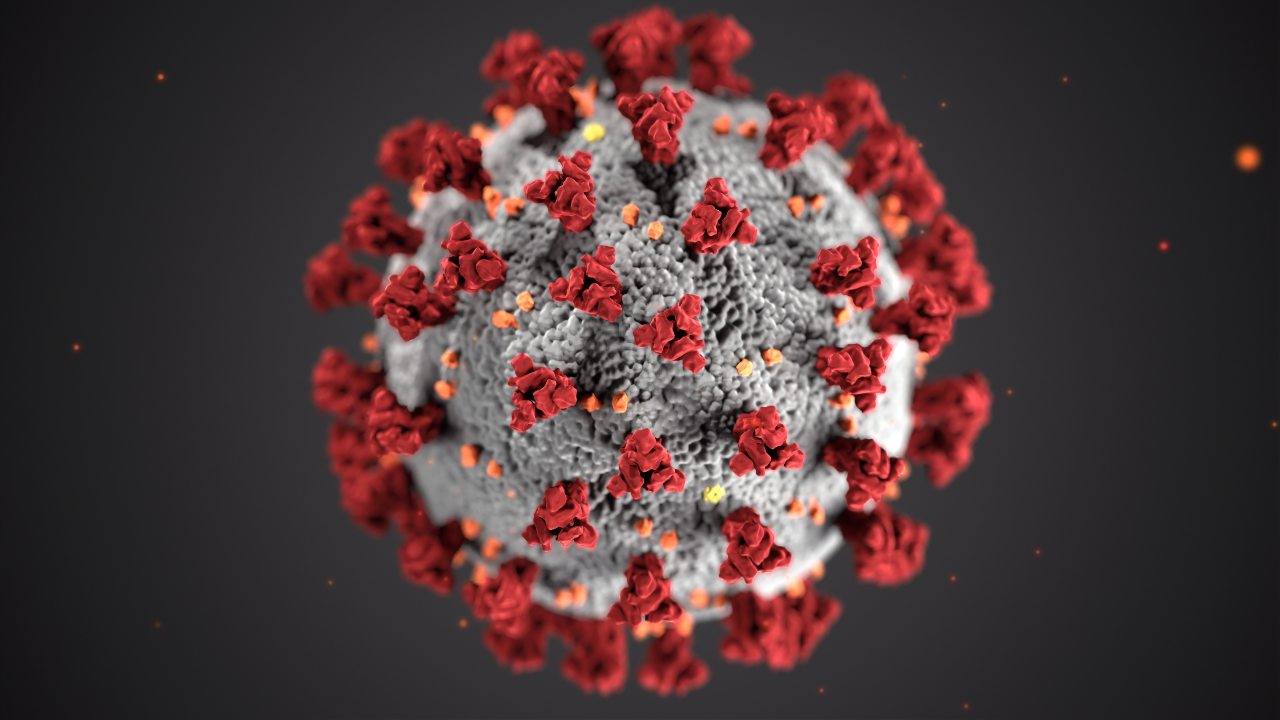Ever since the beginning of the COVID-19 pandemic, scientists across the globe have conducted research into a possible connection between changes in temperatures or humidity and increases or decreases in case rates across the globe. Researchers based at the Massachusetts Institute of Technology (MIT) pointed out as early March 2020 that just like the influenza virus is affected by weather, it’s likely that COVID-19 may have associations with temperature changes as well. In July 2020, Indian researchers pointed out in a study that the number of COVID-19 cases is comparatively higher in high-altitude religions where the climate is cold almost all through the year - especially when compared to infection rates in low-altitude, warmer climates. These researchers concluded that cold temperatures may pose an additional risk factor for COVID-19 infection. A new study published in the International Journal of Environmental Science and Technology suggests that shifts in global temperatures play a role in the spread of COVID-19, increasing or decreasing the vulnerability of various nation groups as seasons change throughout the year. Geographic preferences in the spread of COVID-19 The researchers behind this study argue that at first glance itself, the spread of COVID-19 showed some noticeable geographic preferences. Countries with moderately cold winter temperatures such as the US, UK, Italy and Spain had a rapid spread in a short period of time, while very cold countries like Canada, Russia and Scandinavia only showed moderate severity. Infection rates in the African continent, Indian subcontinent and Australia, which are known for having warmer temperatures throughout the year, also had moderate rates of infection at the beginning of the pandemic. Based on these observations, the researchers set out to evaluate if temperature shifts had a role to play in the infection rates in these nation clusters, and if this knowledge can be used to control the spread of the disease. For this purpose, the researchers collected temperature data from the US National Centre for Atmospheric Research (NCAR) and National Centers for Environmental Prediction (NCEP) for the months of April and May. The study analysed the spatial plot of global monthly mean air temperatures and compared it with the vulnerability to the disease worldwide. COVID-19 vulnerability of moderate and extreme cold countries The researchers found two predominant patterns in COVID-19 vulnerability. Moderately cold countries such as Italy, Spain, USA, France, China, UK, the Netherlands, Belgium and Germany had the maximum vulnerability and their mean temperatures varied between 2 degrees Celsius and 17 degrees Celsius. In severely cold countries such as Iceland, Finland and Canada, the mean temperature during this period remained below 2 degrees Celsius and they experienced only moderate severity: indicating, unlike previous studies, that even low temperature thresholds may have a role to play. The researchers found that countries with a mean temperature above 27 degrees Celsius showed unusually low death rates in March and April. This includes countries from the South Asian Association for Regional Cooperation (SAARC), Africa and Australia. Based on their analysis, the researchers concluded that countries with temperatures between 2 degrees Celsius and 17 degrees Celsius were most vulnerable to a rise in COVID-19 cases and mortality. However, other factors like social isolation policies, implementation of preventive measures, testing facilities, health infrastructure, timely medical intervention and other atmospheric conditions can also cause a rise in COVID-19 cases. Study limitations While this may explain why countries like the US and Italy had a spike in cases, it does not explain why warmer countries that were supposedly less vulnerable according to this study, like Brazil and India, saw a rise in infections following the month of April 2020. Clearly, this study has its limitations, the least of which is that it does not map these temperature shifts and nation-level vulnerabilities for the full length of the pandemic. However, as temperatures continue to lower throughout the northern hemisphere once again, the findings of this study suggest that infection rates are likely to shoot up again. The researchers recommend that steps should be taken to control indoor and body temperatures of populations residing in vulnerable countries with methods such as heat regulation and insulation to reduce further COVID-19 risks. For more information, read our article on COVID-19. Health articles in Firstpost are written by myUpchar.com, India’s first and biggest resource for verified medical information. At myUpchar, researchers and journalists work with doctors to bring you information on all things health.
The researchers found that countries with a mean temperature above 27 degrees Celsius showed unusually low death rates in March and April
Advertisement
End of Article


)

)
)
)
)
)
)
)
)



